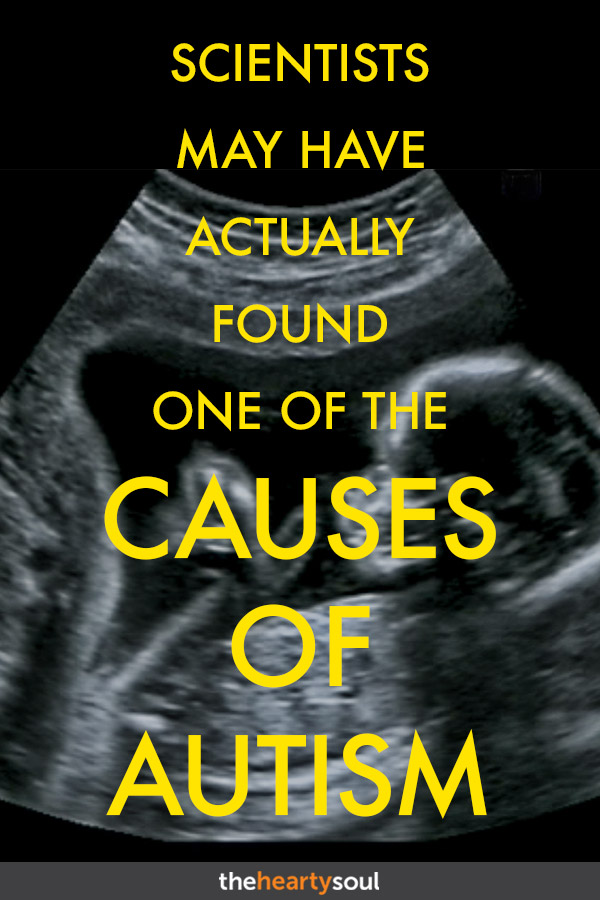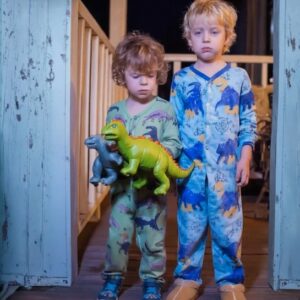Over the past few years, more and more research has been published
revealing just how fundamental our gut microbiome is to our health.
It can affect everything from our response to fear and negative stimuli,
to our weight and mental health, to whether or not we develop autoimmune diseases such as lupus and type 1 diabetes.
Now, a new study published in The Journal of Immunology has found a
link between the gut microbiome and the neurodevelopmental condition
autism using animal studies. However, it is not our own microbiome
that affects whether or not we develop autism, the researchers say – it’s our mom’s.
“The microbiome can shape the developing brain in multiple ways,”
John Lukens, lead researcher and PhD student from the University of Virginia School of Medicine, said in a statement.
“The microbiome is really important to the calibration of how the offspring’s immune system is going to respond to an infection or injury or stress.”
As for autism, this link may come down to a particular molecule called interleukin-17a (or IL-17a), which is produced by the immune system. The molecule has already been associated with conditions like rheumatoid arthritis, multiple sclerosis, and psoriasis, and has been shown to serve an important role in preventing infections, notably those of the fungal kind. Importantly, it can also influence the way the brain develops in the womb.
To test their hypothesis that autism may be triggered by the IL-17a molecule, the team blocked IL-17a in lab mice. The researchers recruited female mice from two separate laboratories – those from the first contained microflora in the gut that made them prone to an IL-17a-induced inflammatory response, whereas those from the second (the control) did not.
When the IL-17a molecule was artificially blocked (preventing IL-17a-induced inflammatory responses), the pups from both sets of mice were born with neuro-typical behaviors. Yet, when everything was left to progress without additional human intervention, the pups born from mothers in the first group went on to develop an autism-like neurodevelopmental condition, which affected social and repetitive behaviors.
To confirm that this was due to the group’s unique microflora, the researchers performed a fecal transplant on mice from the second group using the feces of the mice from the first group. The idea here is to change the microflora of the second group so that it more closely resembles that of the first. And, as expected, the pups from the second group went on to develop an autism-like neurodevelopmental condition.
These are preliminary studies and may not translate to human pregnancies, but it does offer an interesting avenue to explore as far as autism research is concerned and provides strong evidence that the health of the mother’s gut plays at least some role in the onset of neurodevelopmental conditions.
The next step, Lukens said, is to see if they can detect similar correlations in humans and work out what it is in the mother’s microbiome that relates to autism development. There are also several other molecules to examine. As Lukens added, IL-17a may be just one piece in a much larger puzzle.






